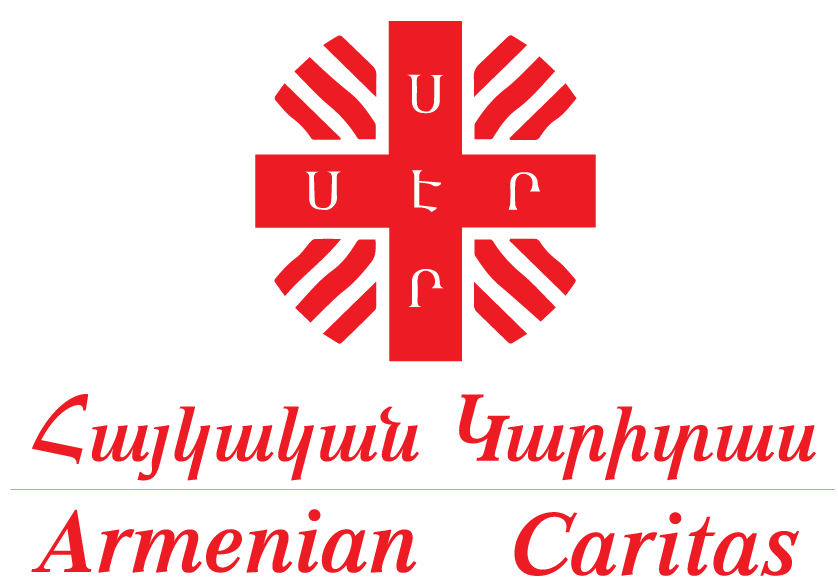Local level needs assessment in 13 communities
Project Duration: 01.06.2016 – 31.03.2017
Number of Beneficiaries: It’s a Need Assessment, interviews with questionnaire. Beneficiaries can be considered 4 provinces (Shirak, Lori, Gegharkunik and Ararat). This is for the future projects.
Location: Shirak province – 6 villages, Lori province – 3 villages, Gegharkunik province – 3 villages and Ararat province.
Background: A needs assessment is a systematic process for determining and addressing needs, or “gaps” between current conditions and desired conditions or “wants”. The discrepancy between the current condition and wanted condition must be measured to appropriately identify the need. The need can be a desire to improve current performance or to correct a deficiency. A needs assessment is a part of planning processes, often used for improvement in individuals, education/training organizations, or communities.
- – It can be an effective tool to clarify problems and identify appropriate interventions or solutions.
- – By clearly identifying the problem, finite resources can be directed towards developing and implementing a feasible and applicable solution.
- – Gathering appropriate and sufficient data informs the process of developing an effective product that will address the groups’ needs and wants.
Needs assessments can help improve the quality of program decisions—thus leading to improvements in performance and the accomplishment of desired results. Improving results—that is, moving from current to desired performance—is typically a worthwhile and valuable effort. The results of a needs assessment will guide subsequent decisions—including the design, implementation, and evaluation of projects and programs that will lead to achieving desired results.
Defining “need” is an essential starting place for needs assessments. Though the word “need” is used casually in many contexts without a definition, in order to assess them a need is often defined as a gap in results where its satisfaction, or partial satisfaction, is necessary for the achievement of another specific socially permissible result. There are three perspectives on need in a needs assessment; perceived need, expressed need and relative need.
Within a performance improvement framework, needs assessments play a critical role in starting the improvement process. Assessments inform future decisions; at the same time, they are informed by the results of past decisions. Needs assessments thereby link together past and future performance, guiding decisions throughout the improvement effort.
Community development is one of the Priority directions of Armenian Caritas Strategy since 2009. Armenian Caritas has gained its first experience in Community Development after the 1988 earthquake, when most of its activities were addressed at covering the needs that rose after it. Among the mentioned initiatives were rehabilitating, constructing and reconstructing infrastructures that had been damaged by the earthquake.
AC Community Development strategic direction covers the following objectives:
- – Community infrastructures,
- – Community capacity building and design of self-support mechanisms,
- – Activation of civic participation and raising of civic consciousness,
- – Entrepreneurship promotion initiatives inside of the community,
- – Social-economic development of communities through self-determination of community members.
Goal: DDevelopment of Community Needs Assessment in 4 provinces of Armenia
Objective:
The overall objective of the project was the development of Community Needs Assessment (CNA) document in 10 rural communities of Shirak, Lori, Gegharkunik provinces of Armenia. Taking into consideration the currency rate growth, instead of 10 communities we implemented the CNA in 13 communities of four provinces – Shirak province – 6 villages, Lori province – 3 villages, Gegharkunik province – 3 villages and Ararat province – 1 village.
The needs assessment provided the basis for strategic interventions, ascertaining household and community specific demographics in order to develop context specific, sustainable long-term programs or projects that are relevant and driven by the needs of the communities. This can serve as a baseline and continual operational research, which will enable effective measurement of any change or long-term impact during and post programming interventions.
Activities: Interviews with focus groups, key informants, local authorities
Partners: Renovabis
Budget: 13 540 €
Project manager: Artashes Margaryan
